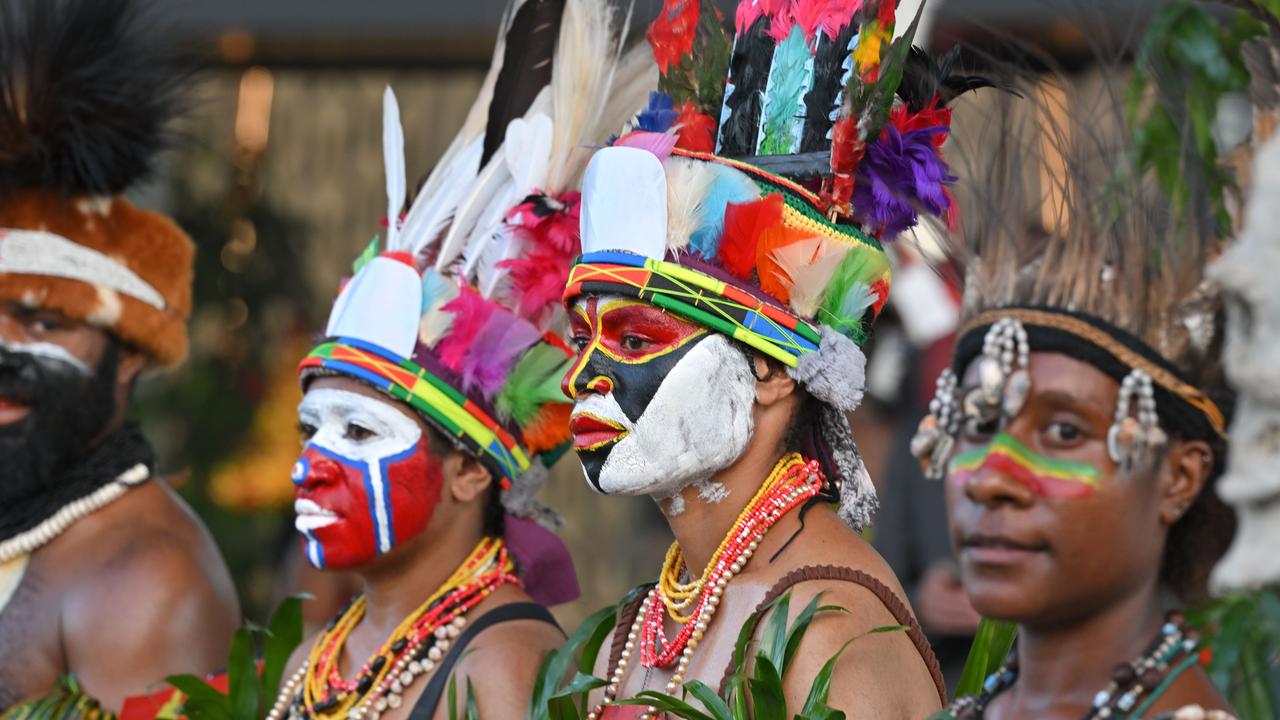
Australia will help Papua New Guinea build a new ministerial wing onto its parliament, as a gift to mark 50 years of the nation’s independence.
Prime Minister Anthony Albanese announced the support after attending a state dinner in Port Moresby with other country representatives, including Prince Edward, on Monday.
“Our support for the expansion of Parliament House is an investment in Papua New Guinea’s democracy and sovereignty that will benefit future generations,” he said on Tuesday.
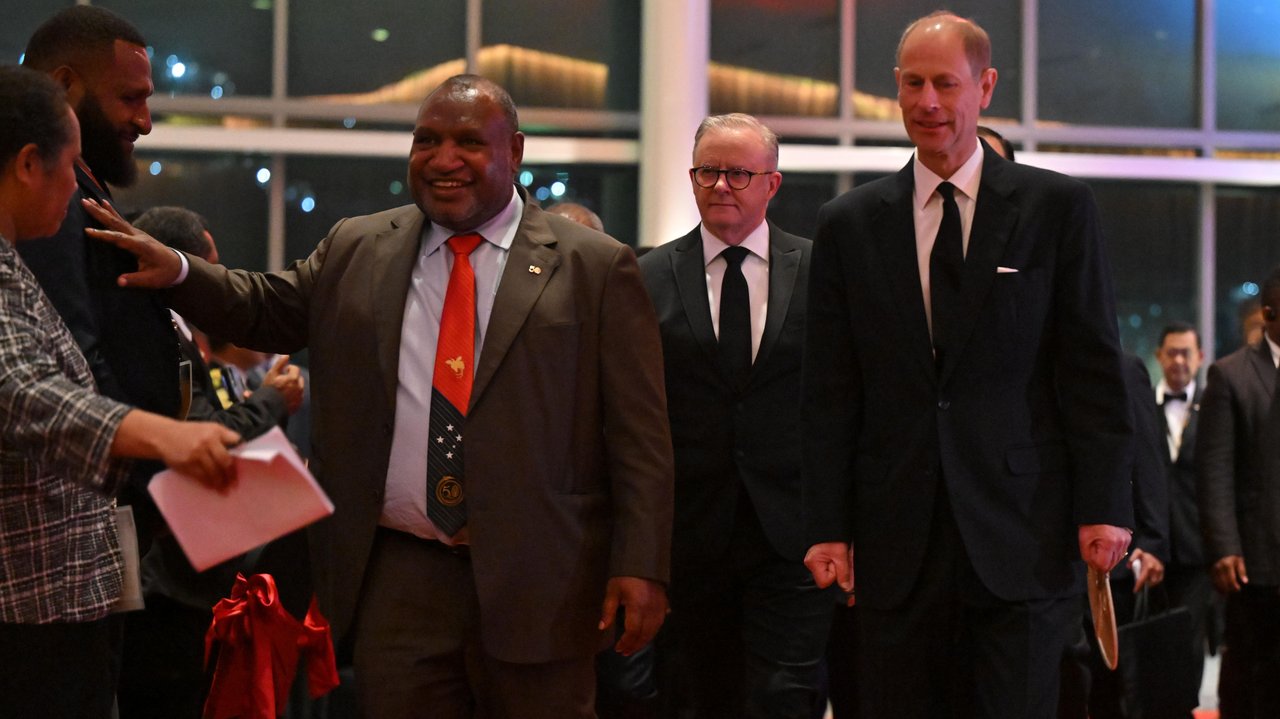
The government said the construction of the wing will follow a PNG-led design and consultation process, drawing on local craftsmanship and expertise.
“As close neighbours and warm friends, the future prosperity of our two nations are bound together,” the prime minister said.
Meanwhile, many contemporary teachers have expressed surprise to learn Australia was PNG’s colonial power to 1974, according to an historian who says everyday Australians should pay more attention to their closest neighbour.
PNG’s independence anniversary celebrations and an upcoming new defence pact between the two nations are opportunities to learn more about the colonial relationship up to 1975, Monash University’s Nicholas Ferns says.
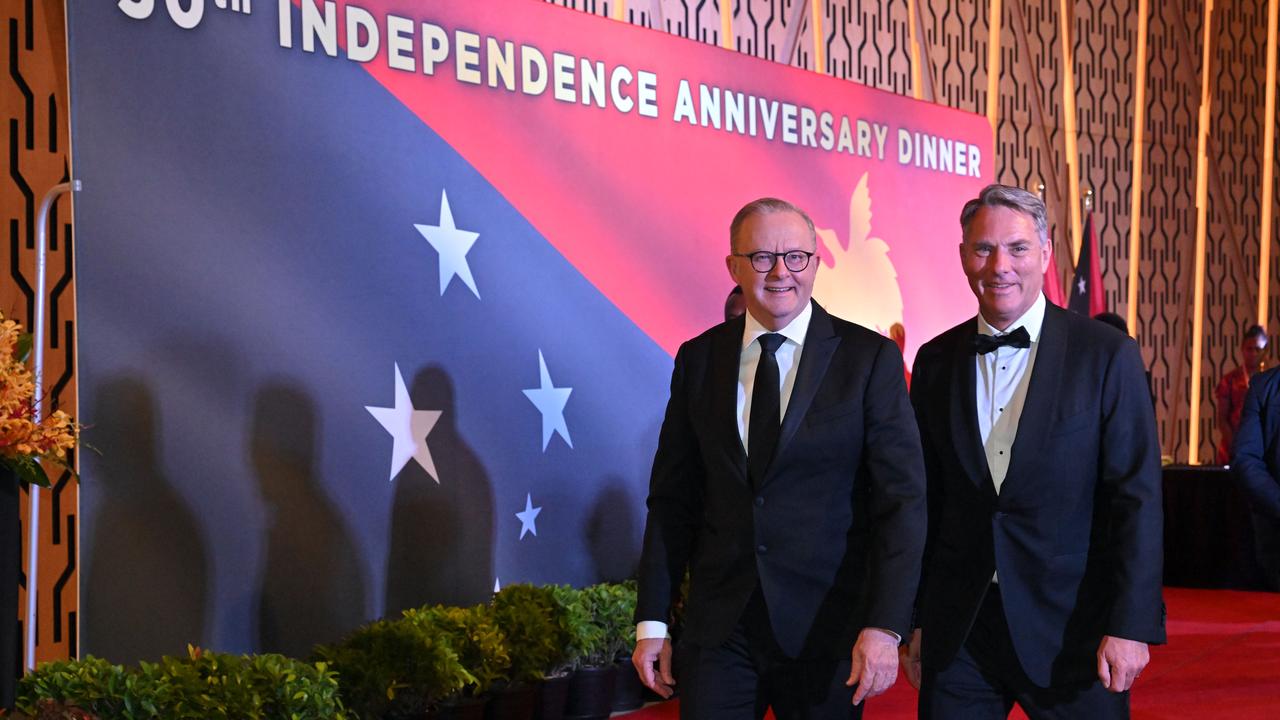
The historian of Australia’s colonial relationship with PNG told AAP the school curriculum did not focus on Australia as a colonial power.
“When I speak to teachers and I spend time harping on about Australia governing PNG I’m often met with surprise,” he said.
“If the teachers are a bit surprised, I can only imagine how much is getting passed on to students.”
The World War II history of Australians fighting along the Kokoda Track and elsewhere in PNG all happened on what was then deemed to be Australian territory.
Mr Albanese – who’s expected to co-sign the defence pact with Prime Minister James Marape this week – says he would welcome a new generation being told of the two nations’ shared history.
“There were polite terms used, but essentially it was a territory of Australia … and Papua New Guinea quite rightly fought for its independence,” he told Sky News on Monday.
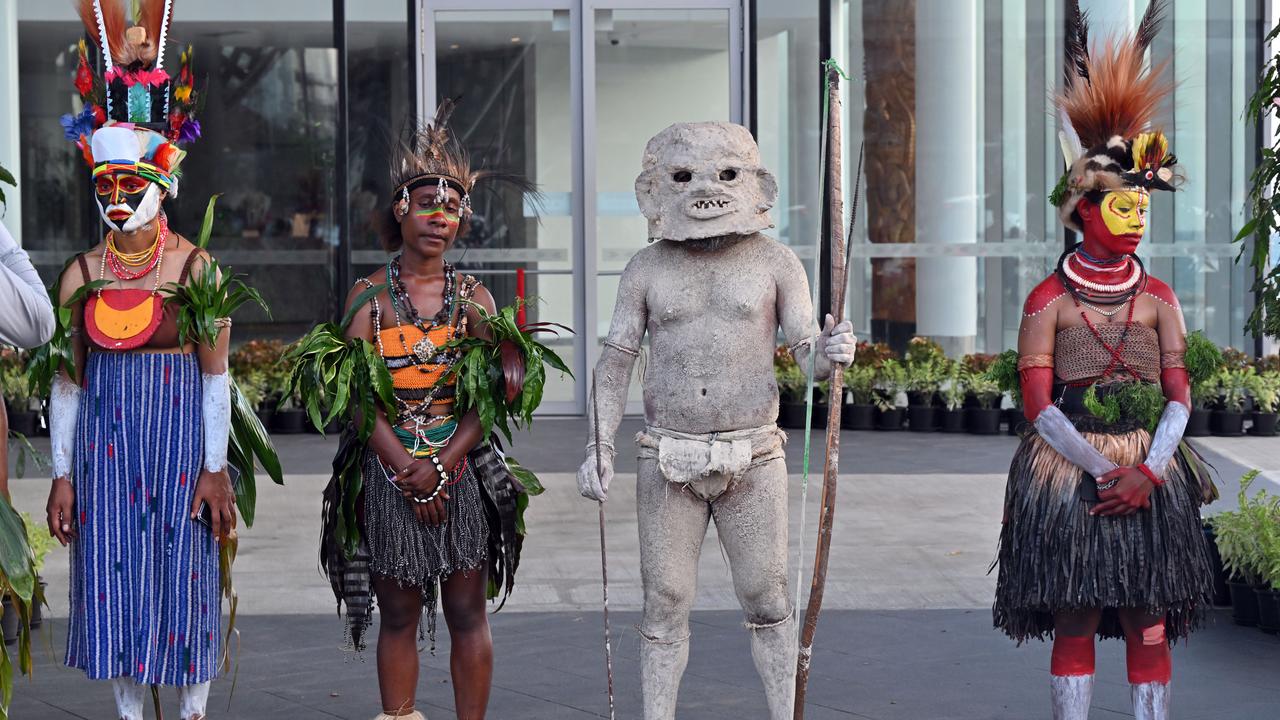
Mr Albanese walked part of the Kokoda Trail with his counterpart Mr Marape in his first term.
“When you walk that sacred site, you really are in awe of how these young Australians are fighting in very dense jungle, suffering from malaria and a range of tropical diseases in a very unfamiliar territory survived at all,” he said.
“We should give thanks to them each and every day (and) to the people of PNG who gave them support at that time.
“As they were called, the ‘Fuzzy Wuzzy Angels’ at that time, they provided a great deal of support.”
On the 50th anniversary, the pair are remaking the relationship with the landmark defence treaty, which Mr Albanese said would elevate the Australia-PNG relationship to the same level as its partnerships with the US and New Zealand.
A range of Pacific leaders and former Liberal prime minister Scott Morrison are in Port Moresby for the commemorations.
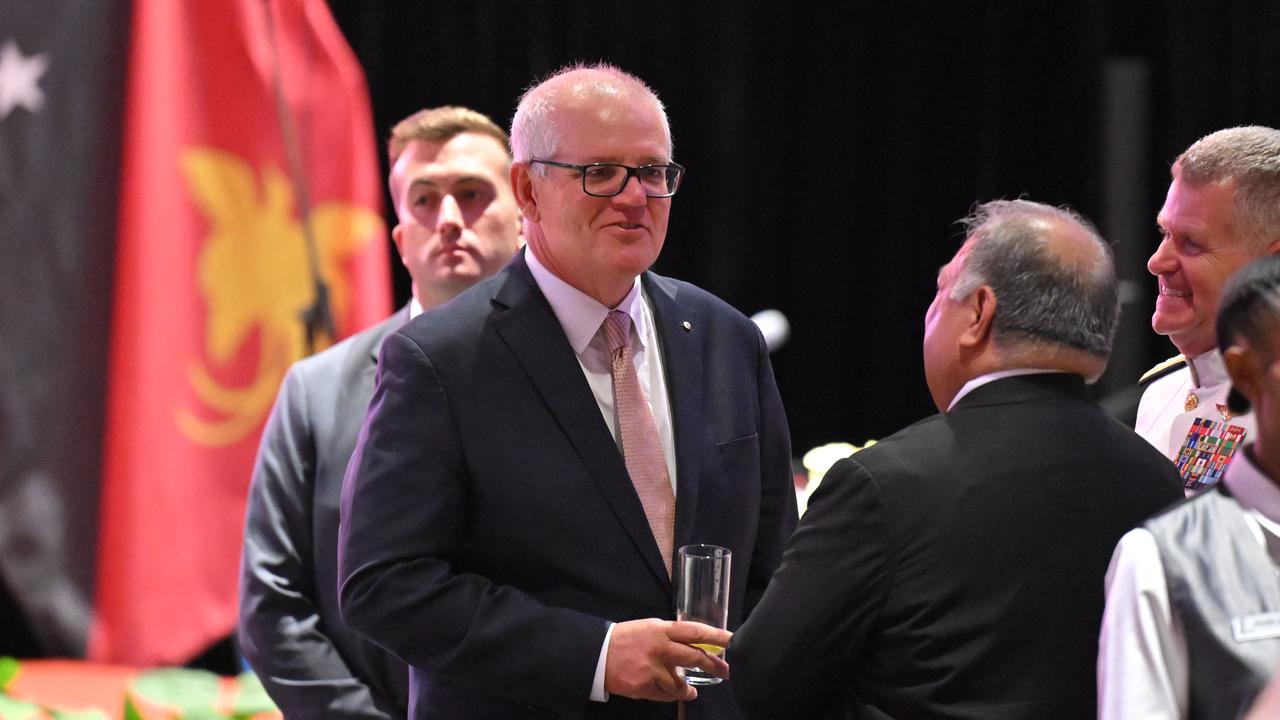
“What better time to reassert close ties,” Dr Ferns told AAP, noting the defence pact would be of interest to Australians given concerns over growing Chinese influence in the Indo-Pacific region.
The longer historical ties with Australia were “pretty powerful” in the Pacific nation, he said.
That meant Australia had more sway over security decisions in PNG than in the Solomon Islands or Vanuatu.
Dr Ferns said the challenges recognised at PNG’s independence 50 years ago were still there, including regional and tribal differences and corruption.
“This is a place still trying to find its way in the world to make the most effective use of its natural and human resources,” he said.
“The optimism of 50 years ago might be more tempered today.”